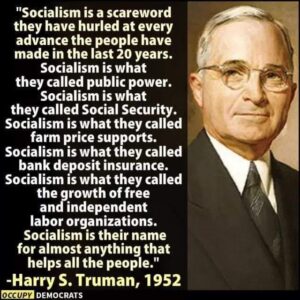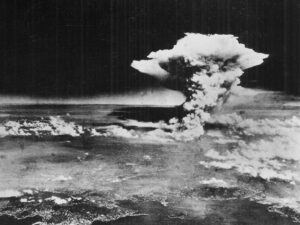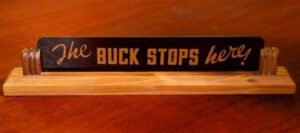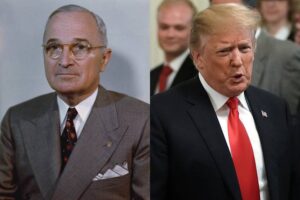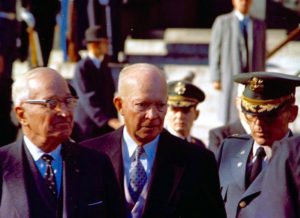Americans are on the verge of commemorating a huge event in our national military history … but it’s nothing to celebrate.
Eighty years ago, on Aug. 6, 1945, a U.S. Army Air Force bomber took off from Tinian Island in the Pacific loaded with a single bomb. The Enola Gay would drop that bomb over Hiroshima, Japan, and it would kill tens of thousands of people in an instant. Three days later, a second B-29 flew to Nagasaki, Japan, and would do the same thing, killing tens of thousands more human beings.
Japan surrendered on Aug. 14, 1945. World War II had ended … finally!
These events mean a great deal to me. It’s a visceral feeling, given that Peter John Kanelis, a boatswain mate in the U.S. Navy, was stationed in the Philippines, preparing to take part in the invasion of Japan by U.S. and Allied forces. He was my Dad. I don’t know what he would have done during that campaign. I thank God in heaven I’ll never have to know.
I do believe that the newly sworn in president of the United States, Harry Truman, might have saved Dad’s life by making the most terrifying decision of his presidency: to drop two atomic bombs on Hiroshima and Nagasaki.
Truman took office in April 1945 upon the death of President Franklin Roosevelt. The VP was a little-known U.S. senator from Missouri when FDR chose him to run with him in the 1944 election. There was little that Truman knew about war strategy when he became commander in chief. One of the secrets kept from him was the Manhattan Project underway in New Mexico to develop the A-bomb. As Truman was getting his presidential footing settled in, the brass informed him of the weapon they had.
I’m sure Truman blinked a few times while hearing about all this. But when the time came to deploy these weapons, he acted like the leader he became. He gave the go-ahead. He knew the political costs would be high, but in his mind, using this weapon would ultimately save many more lives than it would take.
One of those lives well might have been a sailor from Portland, Ore., who enlisted in the Navy on the very day the Japanese attacked us at Pearl Harbor, Hawaii, and who would return home, marry a beautiful young woman and produce a family that included little ol’ me.
We won’t celebrate this event as a nation. Nor should we. It is an event we should commemorate nonetheless and pray to the Almighty that we never will experience it again.
However, I can say with metaphysical certitude that I well could owe my existence to a man who was willing and ready to lead a nation when it needed him the most.
